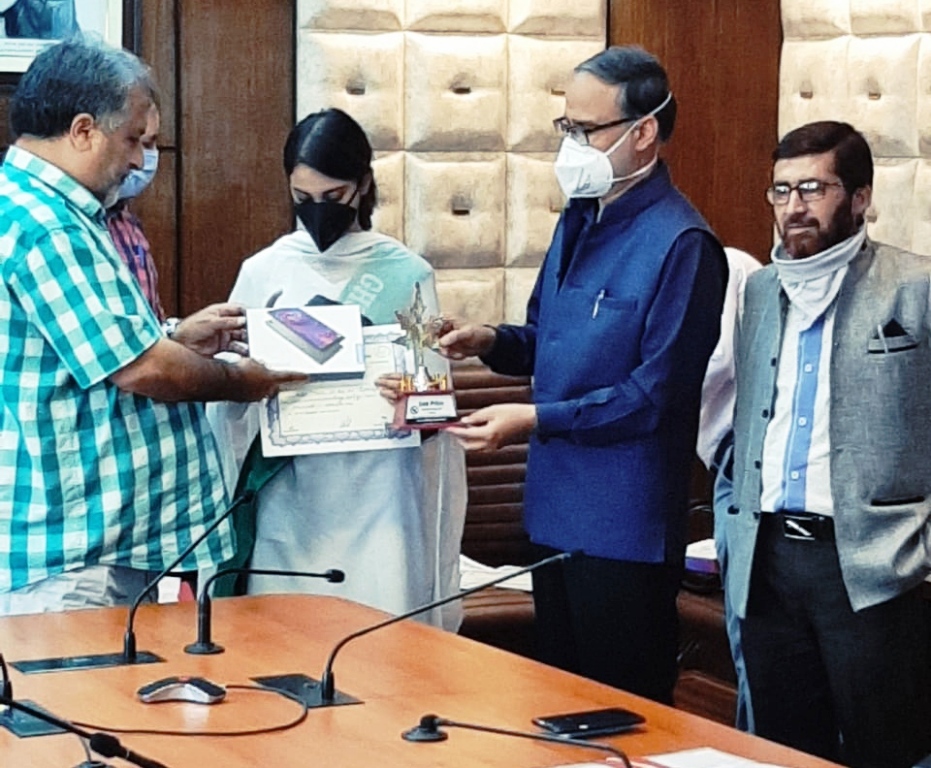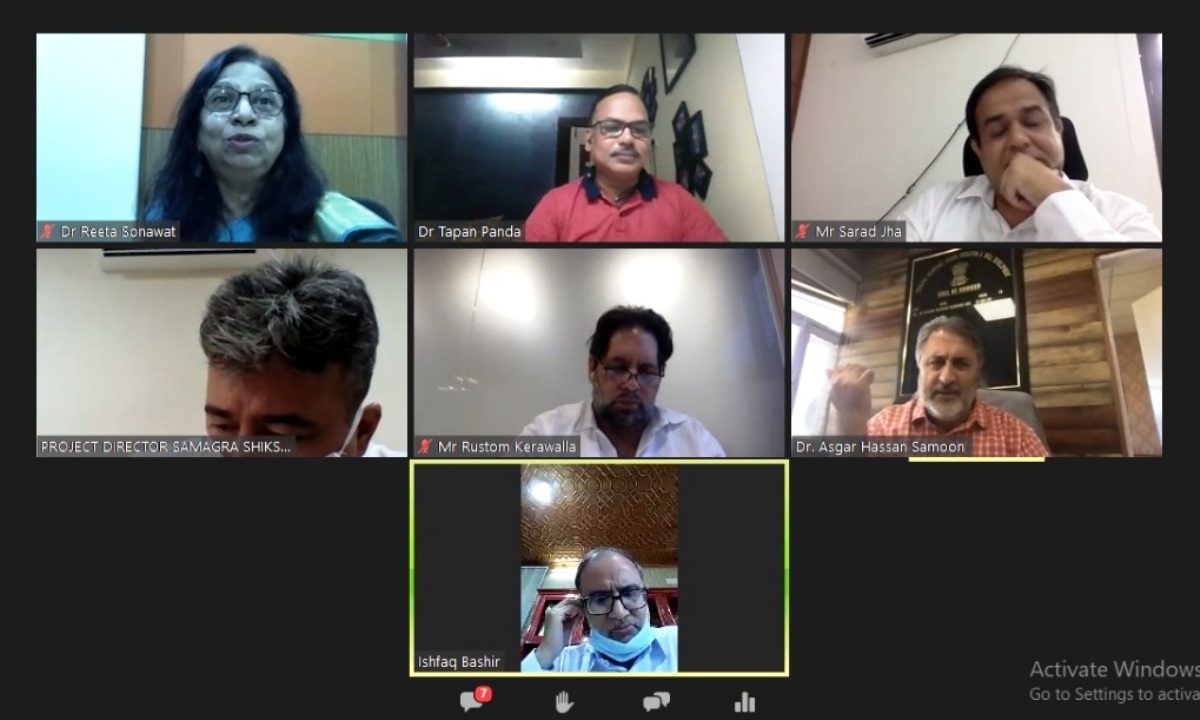by Muneeb Rashid Malik

“The situation, in which we are placed today, is one which the country – and, indeed, the world – has not witnessed earlier and, hopefully, would not have to witness again. It is incumbent, on every member of the populace, to be aware of the forbidding nature of the struggle, between man and microbe, in which each one of us is a participant, willing or unwilling. A joint, cohesive and concerted effort, alone, can result in success in this struggle. This would involve, in its wake, certain sacrifices, which, within the peripheries of the law, each one of us has to make. We cannot afford, in such a situation, to balk at inconveniences.”
Justice DN Patel, Chief Justice, High Court of Delhi, in Naresh Kumar V/S Director of Education (WP (C) 2993/2020).
The whole world has come to a standstill as the Coronavirus disease (Covid-19-19) continues to devastate human lives. What lies ahead of us looks burdensome and we need to live with this ruinous virus for a really long time, keeping in view, the dearth of an effectual vaccine which could accost this virus. Everyone is having a baffling time but performing better than usual in this time of a pandemic would surely help us to steer our ships to their cherished goals.
Students, be it postgraduates, undergraduates, schoolchildren, have been confronted with unpleasant challenges as universities, colleges, and schools, continue to remain closed. The students who were graduating this year are stressed about their future and this precarious situation is also taking a toll on their mental health. Recently, the Supreme Court of India gave its approval to the Central Board of Secondary Education’s scheme by which students of classes X and XII will not have to appear for examinations and will be assessed based on their performance in the papers already taken by them.
Such steps in these unprecedented times are always appreciable as the health of students cannot be compromised at all. The promotion of students to another grade on the basis of curriculum-embedded assessment is the only accomplishable option left with us so that the precious time of students is guarded credibly.

Online learning has become the new normal as every academic institution has switched over to virtual classrooms by making substantial use of platforms like Webex, Zoom, Google Meet, Skype, and other applications. Teachers and students have started to familiarise themselves with these virtual classrooms and now, classes can be held anytime in the comfort of their homes. Virtual classrooms can never replace physical ones but we have to accept the reality as the pandemic is here to stay for a long time. There are many encumbrances in conducting virtual meetings like internet connectivity issues, network pitfalls, lack of internet access for students and teachers, especially those residing in rural areas, shortness of awareness, which need to be addressed with the efflux of time.
The security issues coming into the picture while accessing online platforms have to be grappled with care and caution. Leakage of important data can, in no way, be countenanced and as such ameliorating these obstacles without further ado will surely aid in strengthening the use of virtual learning. According to OECD data, 95 per cent of students in Switzerland, Norway, and Austria have a computer which they can use for their school work but only 34 per cent of students in Indonesia have such access.
US-based Zoom was called unsafe by the Ministry of Home Affairs, Government of India, in April 2020, when an advisory was issued regarding the use of such platforms. Zoom has certainly started to improve upon all the loopholes which it possessed some months back and it expects the MHA to pronounce a positive view soon. As the hindrances to the use of virtual learning are numerous yet it is the most effective tool available when the world is under a strict lockdown with Covid-19 playing a destructive part against Homo sapiens.
Recently, the government of Karnataka decided to ban online classes in the State and made its mind to form a Committee which would provide scientific ways of conducting virtual classes to students but the decision was challenged in the Karnataka High Court. Eventually, a division bench of Chief Justice Abhay Oka and Justice Nataraj Rangaswamy directed the State government to consider permitting online classes.
The bench observed: “Some schools want to impart education online, some students want to take it that way, what is the problem of the government? Before taking a decision, the experts’ committee should have been consulted. You (State) have after issuing the order appointed the committee. This is like putting the cart before the horse.”
The High Court of Delhi, not long ago, held that schools are justified in charging tuition fee for conducting online classes smoothly. Some studies have shown that digital learning helps in the retention of data, is cost-effective, and a majority of the students learn much faster online as they can grasp the intricacies of their subjects through visual arts, computer graphics, re-reading and going back options, at their own tempo.
Academic institutions are now realizing the advantages of digital education in anomalous situations like the present one in hand. Creating a robust e-infrastructure, addressing the inadequacies surrounding the use of virtual platforms, making access to internet available for all, especially people living in rural and far-flung areas, increasing awareness about digital education, would, undoubtedly, make digital learning the future of education in these challenging times.

Covid-19 has already exposed our weak digital system which needs tremendous reinforcement so that the future of our students continues effectively on its merry way. Artificial intelligence can truly help in strengthening digital learning and it can lend a helping hand to teachers in bringing correctness in their teaching methodology as recording or scripting lessons takes gargantuan efforts and time. The pandemic has surely changed the future of education and a duty is cast upon us to explore the profuse potential of e-learning in the words of Buckminster Fuller when he said, “You never change things by fighting the existing reality. To change something, build a new model that makes the existing model obsolete.”
(Author is a fourth-year law student at Lloyd Law College, Delhi (NCR). The opinions expressed in this article are those of the author’s and do not purport to reflect the opinions or views of Kashmir Life.)















